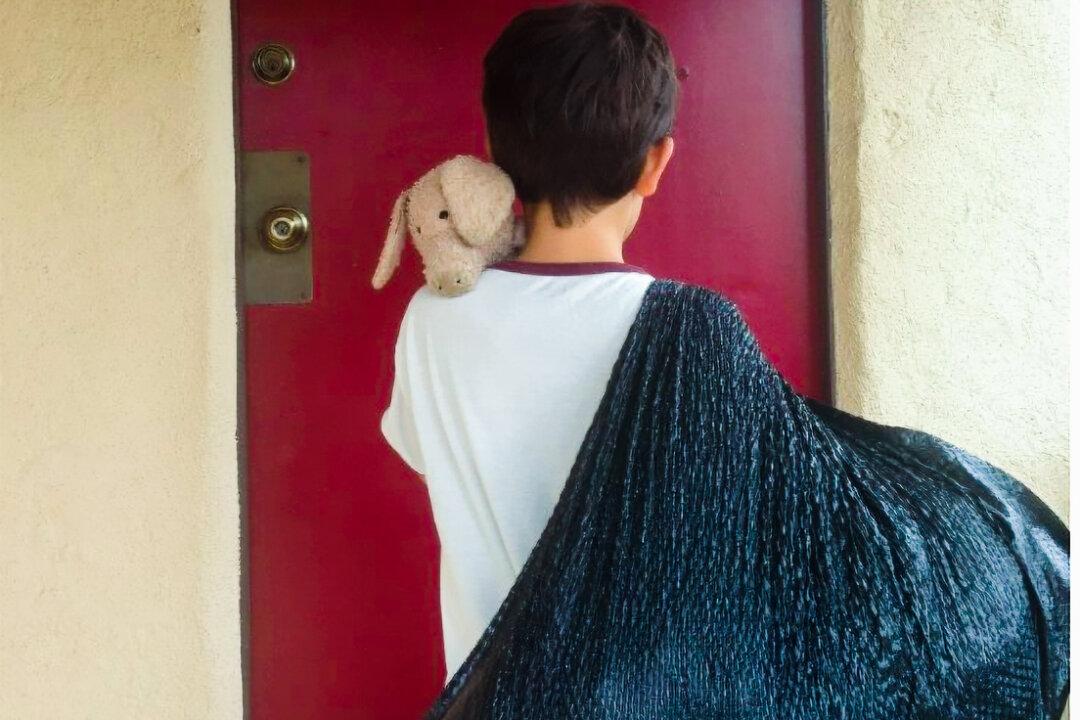The U.S. Department of Health and Human Services has proposed a $1.7 trillion operation budget for the next fiscal year, a 12 percent increase over its already enormous annual budget.
The agency seeks billions more in taxpayer dollars to fund newly-proposed expenditures, including a sexual gender minority research office and grants to abortion providers.




